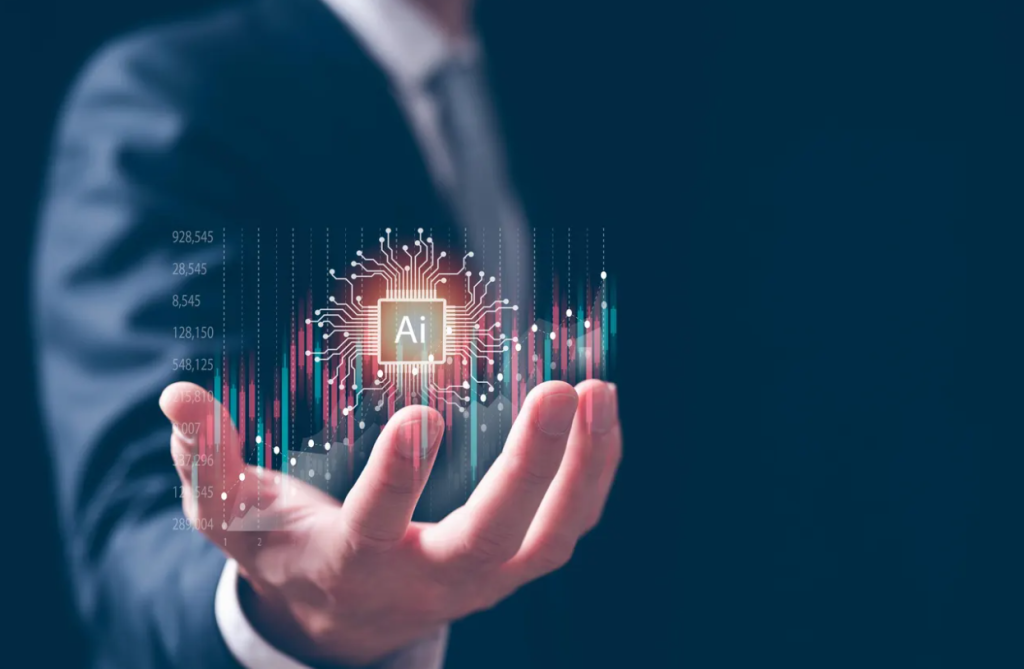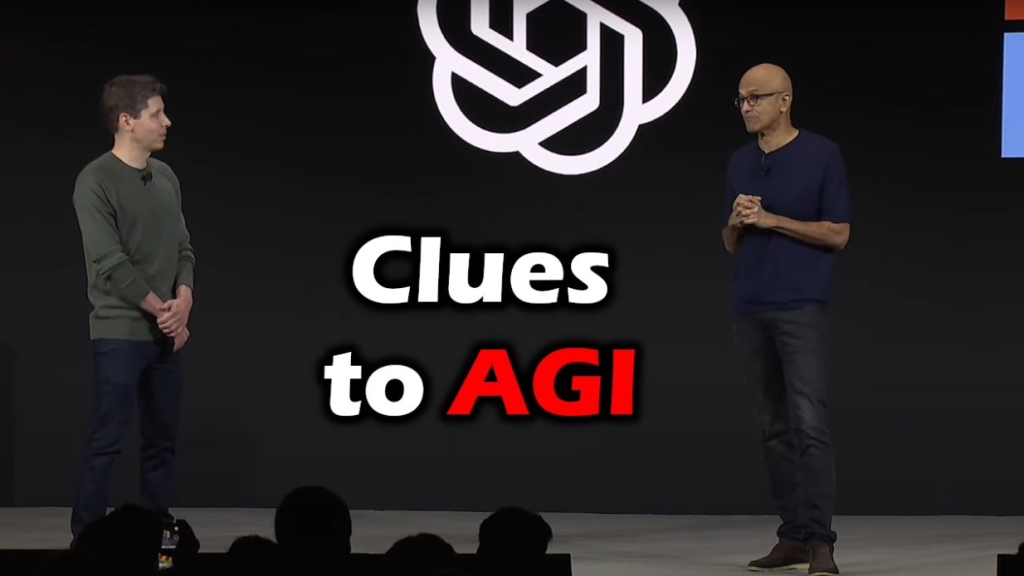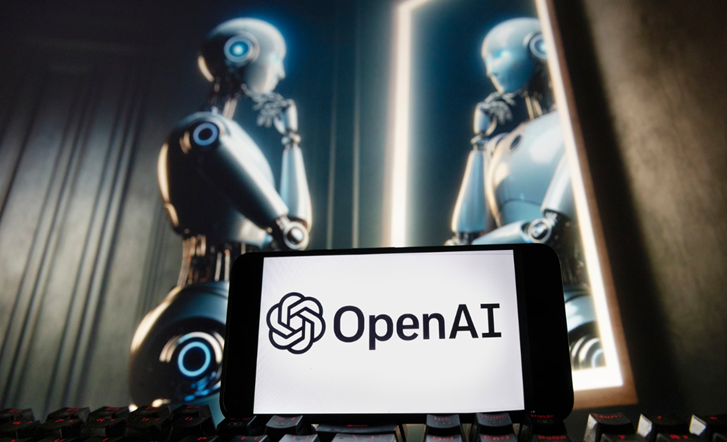Table of Contents
OpenAI’s pursuit of Artificial General Intelligence (AGI) marks a significant milestone in the realm of artificial intelligence. With a newly unveiled five-level classification system, OpenAI aims to track its progress towards achieving AGI, surpassing human capabilities. The system ranges from conversational AI at Level 1 to advanced AI systems that can operate as effectively as entire organizations at Level 5. Executives at OpenAI, including CEO Sam Altman and CTO Mira Murati, express confidence in reaching AGI within the next decade, emphasizing the transformative potential of enhanced tools in enabling remarkable human achievements. Industry projections from leaders like Nvidia CEO Jensen Huang and entrepreneur Elon Musk further underscore the rapid advancements in AI technology, hinting at the possibility of AGI becoming a reality in the near future.
What is AGI and why is it significant?
AGI, or Artificial General Intelligence, refers to AI systems that possess the ability to outperform humans in a wide range of cognitive tasks. Unlike narrow AI, which is designed for specific functions, AGI aims to exhibit human-like intelligence across diverse domains. The significance of AGI lies in its potential to revolutionize industries, scientific research, and societal functioning. AGI could lead to advancements in automation, healthcare, finance, and many other sectors by providing solutions to complex problems and enhancing decision-making processes.

Additionally, AGI has the capacity to accelerate technological progress, drive innovation, and bring about transformative changes in how tasks are accomplished, making it a crucial area of exploration in the field of artificial intelligence.
Related: Guide to CAKTUS AI
What are the five levels in OpenAI’s classification system?
OpenAI’s classification system consists of five levels, each representing a different stage of AI development:
Level 1: Conversational AI
AI capable of engaging in conversations with people.
Level 2: Reasoners
Systems that can solve problems at a level comparable to a human with a doctorate-level education.
Level 3: Agents
AI systems capable of acting on behalf of a user for an extended period.
Level 4: Innovators
AI capable of generating new innovations and solutions.
Level 5: Organizations
AI systems that can perform tasks equivalent to those of an entire organization.
These levels showcase the progression from basic conversational abilities to advanced problem-solving, innovation, and organizational capabilities in AI systems, with the ultimate goal of achieving Artificial General Intelligence (AGI).

How might AGI impact society and industries?
AGI’s impact on society and industries is poised to be transformative. Through advanced problem-solving capabilities and intelligence surpassing human levels, AGI could revolutionize automation, healthcare, finance, education, and research. Industries may benefit from increased efficiency, improved decision-making processes, and innovative solutions powered by AGI. In healthcare, AGI could enhance diagnostics and personalized treatment plans, while in finance, it could optimize investment strategies and risk assessment. Education might see tailored learning experiences, and research and development could be accelerated through AGI’s ability to analyze vast amounts of data and generate novel solutions. Overall, AGI holds the potential to drive significant progress and innovation across various sectors.
Final Verdict
In conclusion, the journey towards Artificial General Intelligence (AGI) represents a pivotal advancement in the realm of artificial intelligence. With OpenAI’s five-level classification system and industry projections pointing towards the realization of AGI within the next decade, the future holds immense promise for transformative change. The potential impact of AGI on society and industries is vast, ranging from increased automation and efficiency to advancements in healthcare, finance, education, and research. As AGI continues to evolve and demonstrate superior problem-solving capabilities, it stands to revolutionize how tasks are performed, decisions are made, and innovations are generated. The advent of AGI heralds a new era of possibilities, where human-machine collaboration can lead to unprecedented progress and innovation across various sectors.
What are industry projections regarding the timeline for AGI?
Nvidia CEO Jensen Huang suggests AGI could arrive within five years, while entrepreneur Elon Musk predicts AI surpassing human intelligence by 2025 or 2026.
When do OpenAI executives believe AGI will be achieved?
OpenAI executives, including CEO Sam Altman and CTO Mira Murati, believe AGI will be reached within the next decade.
